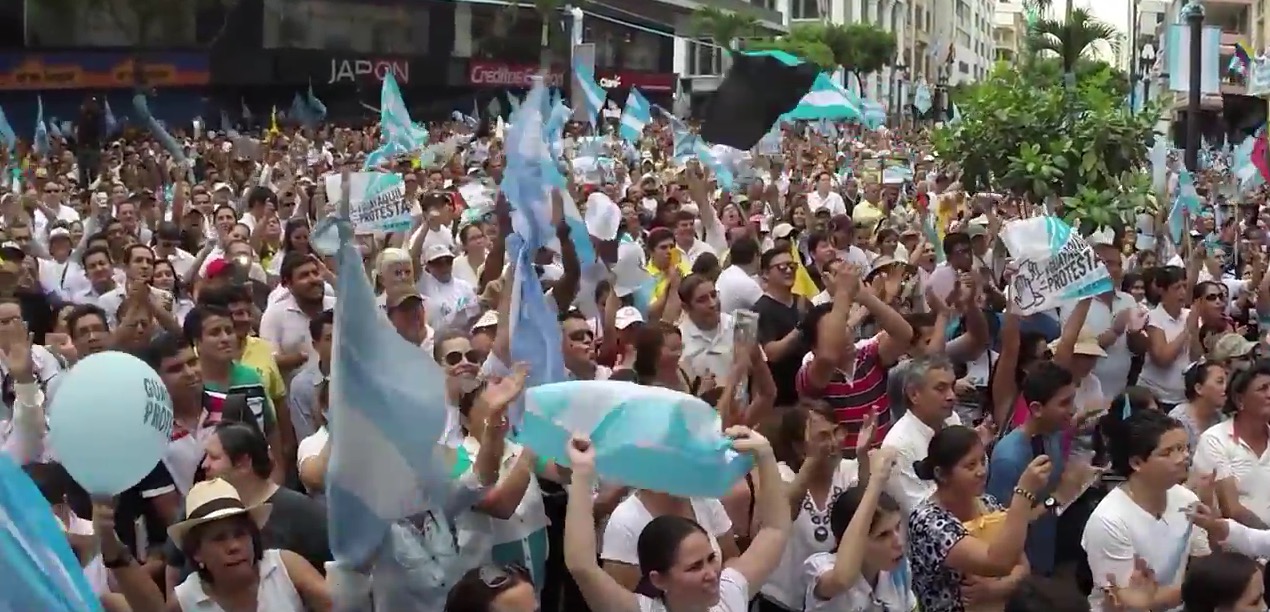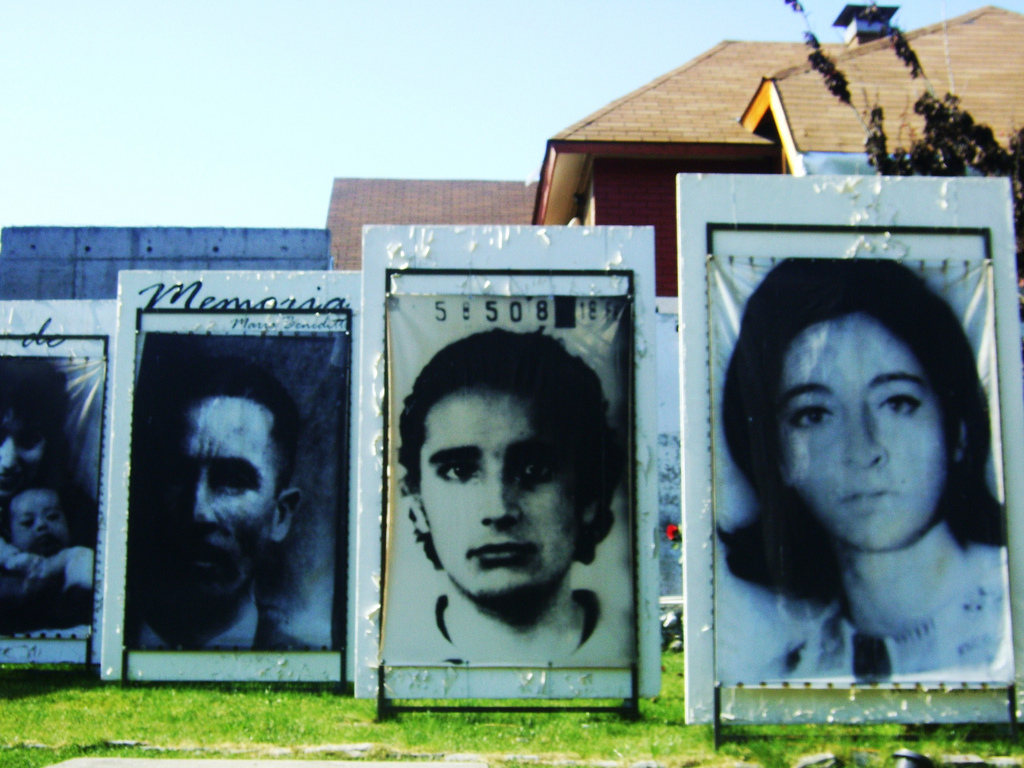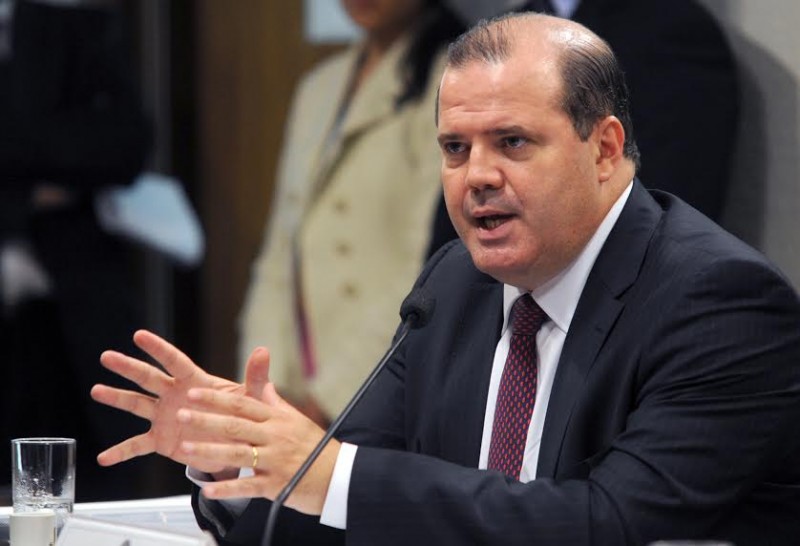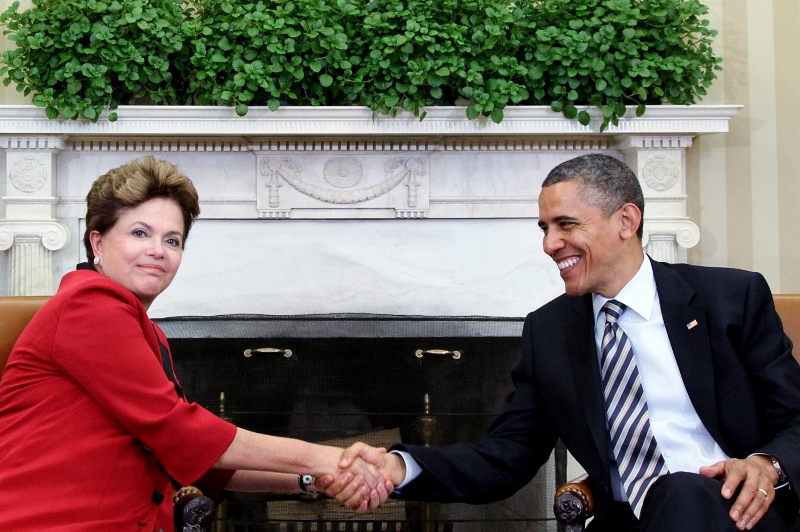
Andes, Ecuador, Latin America: Week in Review
Protesters in Ecuador Criticize Correa’s Economy
June 26, 2015 By Staff
Top Story — Thousands of Ecuadorians protested in the streets of Guayaquil Thursday against populist President Rafael Correa’s government, calling for his resignation. Demonstrations were led by Mayor Jaime Nebot, a member of the opposition, who warned that Correa’s continued left-leaning economic policies were detrimental to the country.
Protests first hit the country following the announcement of two proposed tax bills that would hike taxes on inheritance and real estate. Although Correa decided to delay the bills last week following the large public backlash, protests have not stopped.
Correa, president since 2007, describes himself as a 21st century socialist, and has been popular in the past due to his policies of large social spending. Nebot warns, however, that Ecuador will follow the same path of economic disaster as Venezuela if the president’s socialist policies continue.
Correa’s approval rating dropped to 55 percent in June, according to a Tuesday report by Quantum Informe.
Headlines from the Western Hemisphere
North America
- AT&T will invest some $3 billion in Mexico after acquiring a local firm, the U.S. telecom giant’s CEO announced on Thursday after a meeting with President Enrique Peña Nieto.
Caribbean
- A study released on Thursday confirms that nearly 40 percent of Puerto Rico’s municipalities contain mostly elderly residents, due in part to a mass exodus of young people in pursuit of jobs outside of the U.S. commonwealth, which is struggling economically.
- Cuba was among the countries firmly criticized in the United States’ annual report on human rights, a reminder that the rapprochement between the two has not solved the often-bitter disputes that have marked their relationship for more than half a century.
- Haiti’s prime minister on Thursday said the Dominican Republic’s decision to deport tens of thousands of Haitian immigrants living on its soil was causing a humanitarian disaster, with more than 14,000 migrants reportedly returning to Haiti in the past week.
Central America
- The April decision by Honduras’ Supreme Court to remove presidential term limits has contributed to an unacceptable level of executive power, argue two U.S. law professors who also served on Honduras’ reconciliation commission, in an op-ed published Thursday by The New York Times.
- The lawyer of a Costa Rican football official arrested in a U.S.-led corruption probe blasted the charges against his client as an “absurdity” on Thursday, criticizing them as either filed in error or as part of an insidious effort to solicit testimony on other suspects.
Andes
- A new group of Brazilian politicians is traveling to Venezuela, where a group of their colleagues ran into a blockade of government supporters recently, barring them from reaching a meeting with opposition politicians.
- Pollution is choking Lake Titicaca on the border between Peru and Bolivia, causing mass die-offs of aquatic life, an apparent consequence of unchecked industrial activity nearby, The Associated Press reports.
Southern Cone
- International investors have filed a lawsuit in a U.S. court against beleaguered Brazilian oil giant Petrobras arguing that they, as investors, lost billions to endemic corruption.
- Thousands of Chilean students took to the streets on Thursday, calling for left-leaning President Michelle Bachelet to expand the scope of her education reforms, which already call for for free education for hundreds of thousands.
Subscribe to Today in Latin America by Email




